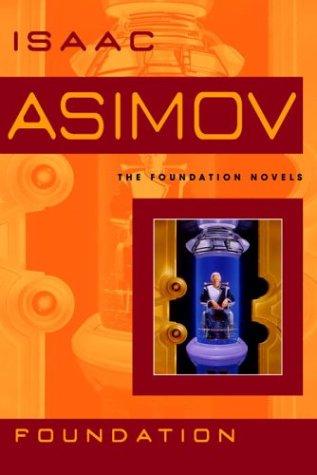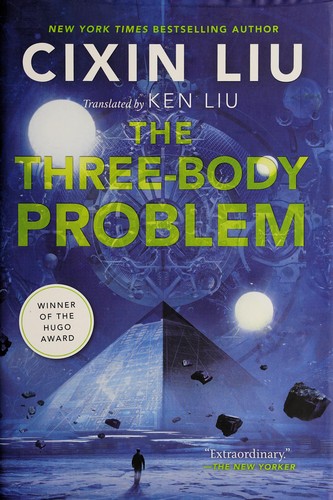Kirk Moodey reviewed Female General and Eldest Princess by 请君莫笑
In order to survive in troubled times; in order to get revenge for loved ones; …
Lesbian novel
3 stars
Content warning Minor spoiler about the ending, did not actually finish.
This is very good - five stars - for about half way, provided you can stomach fictional Huns getting killed. I kept thinking I'd finish it because I initially liked it so much. The action and scheming is fun, and I'm a sucker for Mulan type characters. But ultimately, I didn't finish, in part because of a spoiler that certain things I was wary about in the novel didn't get satisfactorily resolved. It's a lesbian novel, but honestly, it's not terribly romantic. The princess is extremely manipulative, and this is enjoyable and refreshing at first but you don't really want to read about such a person ending up with the main character after they just keep getting worse and worse about it instead of better.




















